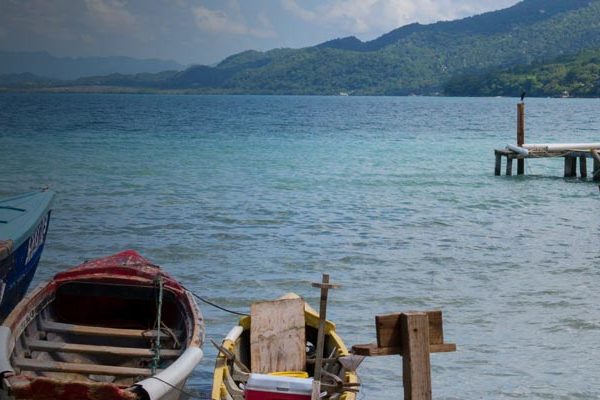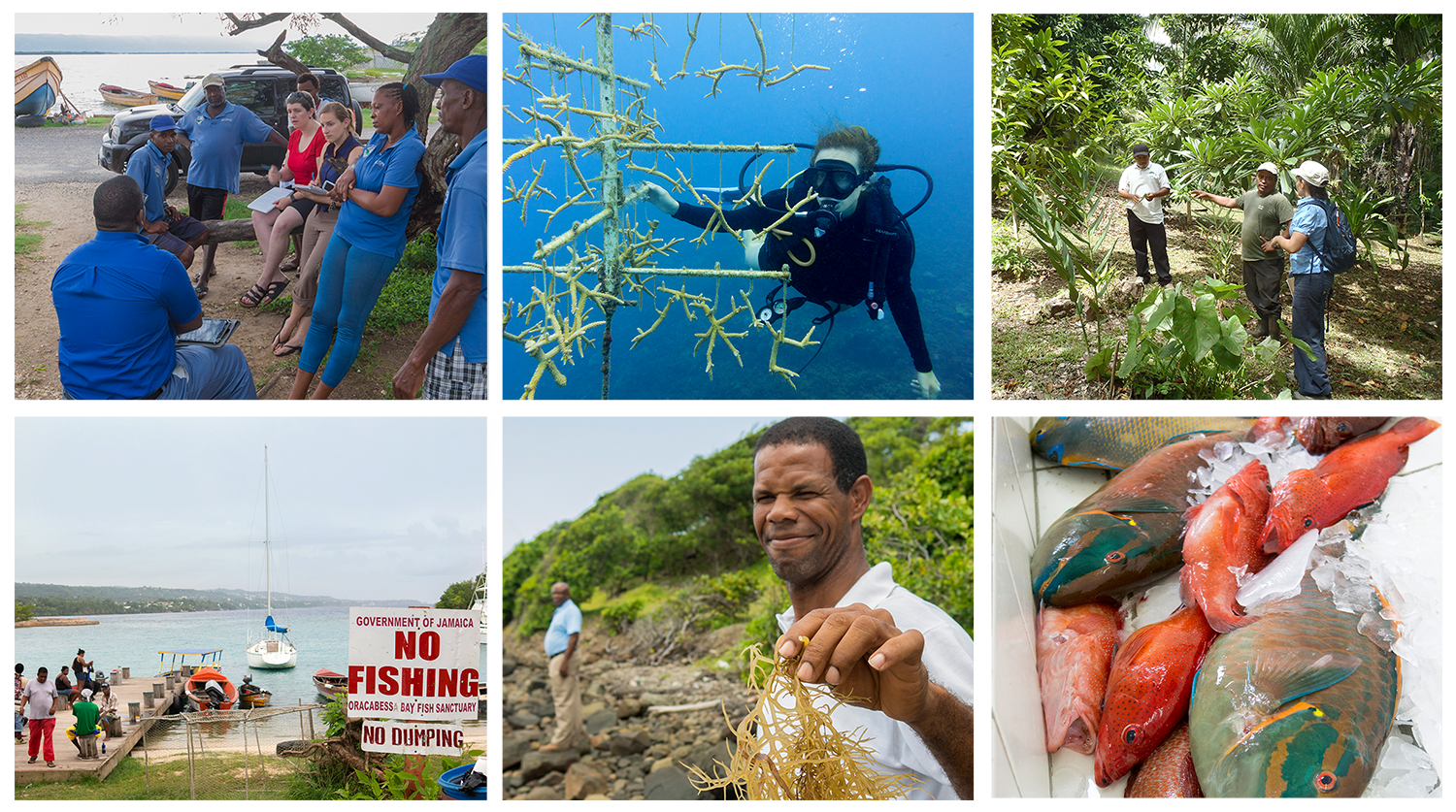Understanding the Impact of a £4.95 million Investment in Building Caribbean Climate Resilience

ESSA completed the final evaluation of a £4.95 million project designed to advance climate adaptation to benefit the vulnerable poor in the Caribbean through a combination of institutional strengthening and local-level interventions (salt water reverse osmosis systems, agroforestry and improved fisheries and coral reef diversity).
Project Details
Location: |
Caribbean Region | |
Client: |
Community Climate Change Centre | |
Duration: |
July to November 2016 | |
Team Member(s): |
Jimena Eyzaguirre, Natascia Tamburello and associates (Heather Stager and John van Mossel) | |
Practice Area(s): |
Fisheries & Aquatic Sciences, Climate Change Adaptation | |
Services Employed: |
Monitoring Design & Evaluation, Facilitation & Stakeholder Engagement, Science Communication & Knowledge Synthesis |
The Problem We Aimed to Solve We Aim to Solve
Climate change impacts and natural disasters are profoundly affecting communities, ecosystems and sectors in the Caribbean, depleting national budgets and exacerbating poverty. The frequency and severity of these hazards are expected to increase as climate change intensifies. The Caribbean Community Climate Change Centre (the Centre) coordinates the Caribbean Community (CARICOM) countries’ responses to climate change and successfully mobilized £4.95 million of funding from the United Kingdom to advance the region’s climate resilience agenda through a 5-year project.
How We Helped
ESSA led the final evaluation of the UK-sponsored project. Evaluation objectives were to: (1) assess the results of the IP Project against anticipated objectives and targets, (2) assess the IP project’s performance against criteria of relevance, effectiveness, efficiency, impact, sustainability / replicability and gender; (3) capture implementation lessons; and (4) provide recommendations for future planning.
We used a mixed-methods approach that included documentation reviews, interviews and focus group discussions with over 120 community members, government officials and formal and informal project implementation partners, a user survey and re-analysis of biological monitoring data. The survey targeted participants trained in the use of the CCORAL risk screening tool to gather views on its value and utility to national governments for adaptation mainstreaming. Increasing the resilience of coastal Caribbean fishing communities to the impacts of climate change was a chief component of the project. Its evaluation involved visiting project sites in Jamaica, St. Lucia, Grenada, and St. Vincent and the Grenadines, independent analysis of fish monitoring data, direct observation of marine protected areas and numerous field interviews.
Our Project’s Impacts
The major output of the project was a report with (1) evaluation findings on the project’s performance; (2) lessons learned on the implementation of regional programs, ways to achieve social change and sustain the benefits of adaptation measures implemented locally; and (3) recommendations on the project’s delivery model, the Centre’s capacity to deliver, national and local efforts to advance adaptation in the region.


